Motorists: Before You Test
Home > Motorists > Before You Test > Why We Test
Why We Test
Air pollution is a serious public health and environmental issue in metro Atlanta. Stationary sources of pollution - industry and commercial operations - continue to contribute to air quality issues and, therefore face more stringent regulations. However, a significant amount of pollution is produced from mobile sources, including gasoline-powered cars and light-duty trucks.
On average, each of us breathes more than 3,000 gallons of air each day. Breathing polluted air can burn your eyes and nose, and irritate your throat, therefore making breathing difficult. In fact, pollutants like tiny airborne particles and ground-level ozone can trigger respiratory problems, especially for people with asthma. Today, nearly 30 million adults and children in the U.S. have been diagnosed with asthma. Asthma sufferers can be severely affected by air pollution. Air pollution can also aggravate health problems for the elderly, young, and others with heart or respiratory diseases.
Some toxic chemicals released in the air, such as benzene or vinyl chloride, are highly toxic and can cause cancer, birth defects, long-term injury to the lungs, as well as brain and nerve damage. In some cases, breathing these chemicals can even cause death. Click here for more details on pollution and your health.
Other pollutants make their way into the upper atmosphere, causing a thinning of the protective ozone layer. This has led to changes in the environment and dramatic increases in skin cancers and cataracts (eye damage).
Air pollution is not just a threat to our health, it also damages our environment. Toxic air pollutants and the chemicals that form acid rain and ground-level ozone damage trees, crops, wildlife, lakes and other bodies of water. Those pollutants also harm fish and other aquatic life.
Each day air pollution causes thousands of illnesses, leading to lost days at work and school. Air pollution also reduces agricultural crop and commercial forest yields by billions of dollars each year (Source: EPA).
Thanks in part to vehicle emissions testing, the region is experiencing measurable air quality benefits. Consequently, there have been fewer unhealthy air days.
Georgia's I/M Program has prevented tons of ozone-forming pollutants from entering the air we breathe by identifying and repairing more than 4.5 million heavy-polluting vehicles.
Air Quality Questions?
View the current air quality levels in the state of Georgia via AirNow.gov.

